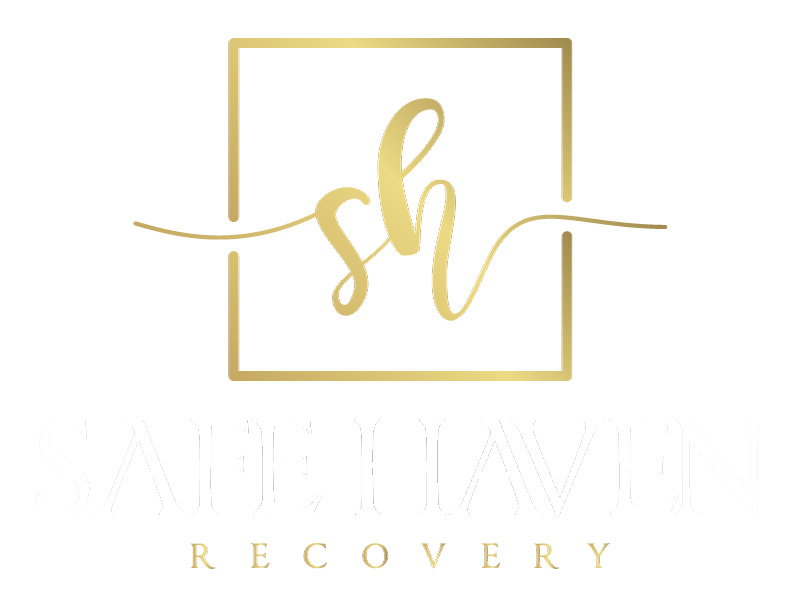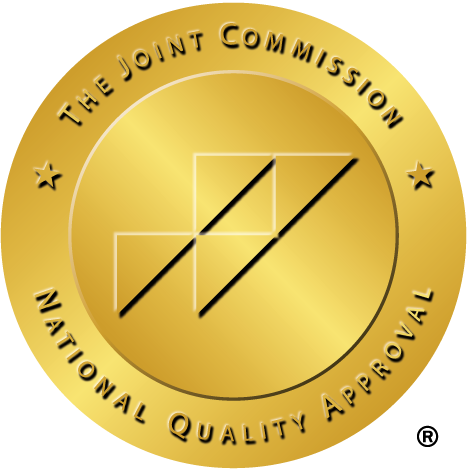
In today’s fast-paced world, many people rely on prescription medications to manage various health conditions and manage symptoms. In fact, you might be surprised by the sheer number of prescriptions we take unknowingly or without fully understanding their potential risks. One such medication is Cyclobenzaprine, a commonly prescribed muscle relaxant used to treat acute musculoskeletal pain. But have you ever wondered if Cyclobenzaprine could be addictive?
In this article, we’ll delve into the properties of Cyclobenzaprine, its uses, and its potential for addiction. We will also discuss the signs that may indicate a problem with dependence or misuse. By the end of this article, you’ll have a better understanding of Cyclobenzaprine.
What Is Cyclobenzaprine Used For?
Cyclobenzaprine is primarily used to treat muscle spasms and discomfort associated with acute musculoskeletal conditions such as strains, sprains, or injuries. It is often prescribed as part of a comprehensive treatment plan that includes rest, physical therapy, and other pain-relief measures.
By reducing muscle tone and alleviating pain caused by muscle contractions, Cyclobenzaprine helps patients gradually regain mobility and function in the affected area.
It is important to note that this prescription muscle relaxer is not intended to replace physical therapy or other treatments for musculoskeletal conditions. Instead, it serves as a supportive measure to help manage pain and improve the overall effectiveness of the treatment plan.
Additionally, Cyclobenzaprine should not be used for chronic conditions or long-term treatment, as its effectiveness decreases over time and may lead to potential side effects.
Can You Get Addicted to Cyclobenzaprine?
Cyclobenzaprine is not classified as a controlled substance, and its potential for addiction is considered relatively low. However, it is still possible for individuals to develop a psychological dependence on the medication, especially when taken for extended periods or at higher doses than prescribed. This can occur because the drug provides temporary relief from pain and discomfort, leading some individuals to misuse it in an attempt to maintain those effects.
It is essential to take Cyclobenzaprine only as prescribed by your healthcare provider and to follow their guidance on the appropriate duration of use. Misusing the medication or taking it for longer than recommended can increase the risk of dependence and drug addiction, as well as other side effects and health complications.
If you are concerned about the potential for addiction or dependence on Cyclobenzaprine, it is important to discuss these concerns with your doctor, who can help determine the most appropriate course of treatment for your specific needs.

What Are the Signs of Cyclobenzaprine Addiction?
Although the risk of addiction to Cyclobenzaprine is relatively low, there are still signs that may indicate a problem with dependence or abuse. Some of these signs include taking the medication in higher doses or more frequently than prescribed, using it for longer than the recommended duration, or obtaining it through illegitimate means, such as multiple prescriptions from different doctors or purchasing it illegally.
Behavioral changes may also be indicative of Cyclobenzaprine addiction. These can include increased secrecy, social isolation, neglecting personal responsibilities, or preoccupation with obtaining and using the medication.
Physical signs of misuse or dependence may involve drowsiness, dizziness, dry mouth, or increased heart rate. If you or someone you know exhibits these signs or other concerning behaviors related to Cyclobenzaprine use, it is crucial to seek professional help from a healthcare provider or addiction specialist.
Treatment for Cyclobenzaprine Addiction
When an individual develops a dependence on or begins to abuse Flexeril (cyclobenzaprine), it is crucial to seek professional help as soon as possible. Treatment for cyclobenzaprine addiction typically involves a combination of medical and psychological interventions, addressing both the physical dependence and the underlying psychological factors contributing to substance abuse. The duration of treatment can vary depending on the severity of the addiction, but it often requires both short-term and long-term strategies to ensure a successful recovery.
In the short term, treatment may involve managing the side effects of cyclobenzaprine abuse and addressing any immediate health concerns. For instance, a cyclobenzaprine overdose can lead to severe complications, such as dangerously high blood pressure, cardiac arrest, and even death. In these cases, individuals may require emergency room care to stabilize their condition and prevent further harm. Additionally, treatment centers may provide medications to mitigate withdrawal symptoms and help manage other side effects of cyclobenzaprine abuse, such as drowsiness, dizziness, or dry mouth.
Long-term treatment for cyclobenzaprine addiction focuses on addressing the root causes of substance abuse and helping individuals develop healthier coping mechanisms. This may include various forms of therapy, support groups, and ongoing monitoring by healthcare professionals to prevent relapse.
At Safe Haven Recovery in Beverly Hills, California, we offer comprehensive programs designed to address the unique challenges of drug addiction, including the development of new habits and strategies for managing stress, anxiety, and pain without relying on potentially harmful substances.
By addressing both the physical dependence and psychological factors contributing to cyclobenzaprine abuse, individuals can work towards a healthier, drug-free future.









